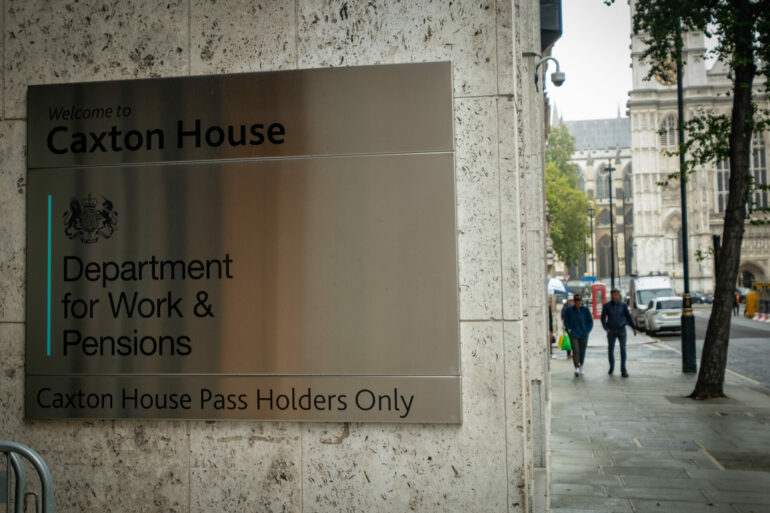New analysis from the Department for Work and Pensions has revealed that more than half of Britons are not saving enough to enjoy a ‘moderate’ standard of living in retirement.
The study found that 51% of people would not be able to achieve this level of income, while almost 90% are set to fall short of a ‘comfortable’ retirement.
The success of auto-enrolment in increasing the number of people saving for later years has been acknowledged, but the government has warned that minimum contributions remain low.
Both the current Government and future administrations will need to focus on increasing retirement savings levels and tackling chronic undersaving among self-employed workers.
Tom Selby, head of retirement policy at AJ Bell, has urged politicians and the pensions industry to address the issue of pensions adequacy and set out a clear path for getting people to save more.
He said: “The time has come for politicians and the pensions industry to stop patting themselves on the back about the success of automatic enrolment and start tackling the real challenge of pensions adequacy.
“The grim reality is that only half of Brits will enjoy a ‘moderate’ standard of living in retirement on current projections, while those saving enough for a ‘comfortable’ retirement will be a slim minority of the population.
“With living costs surging for millions of households, now is not the time to hike people’s auto-enrolment pension contributions. But that does not mean policymakers should not set out a long-term trajectory to get people saving more.
“There are various interesting ideas out there, including ‘save more tomorrow’, where contributions rise automatically in line with pay increases, and exploring ways to link contribution rises to certain life events. But the longer we delay addressing this pensions adequacy challenge, the bigger it becomes.
“This must include assessing how those excluded from auto-enrolment, including millions of self-employed workers, can be brought into the pensions system. Failure to do this will risk creating a two-tier retirement system, with the self-employed left relying on the state pension and not much else in their later years.
“Today’s analysis also gives valuable context to the debate around retirement savings incentives. The focus must remain on encouraging people to save more for the future, rather than hacking back pension tax relief at every opportunity.”



